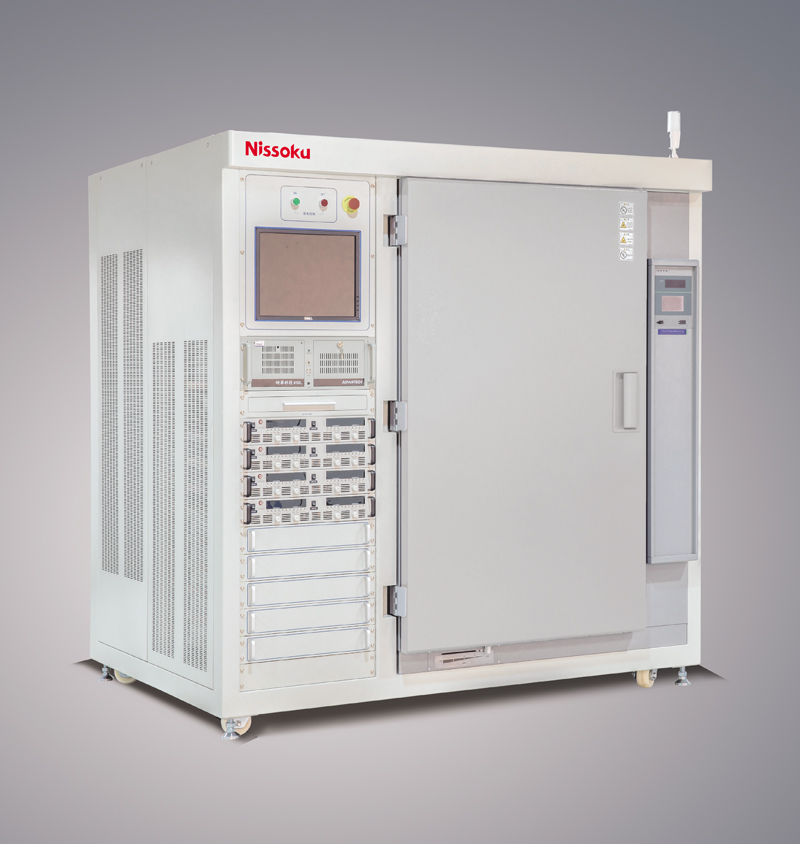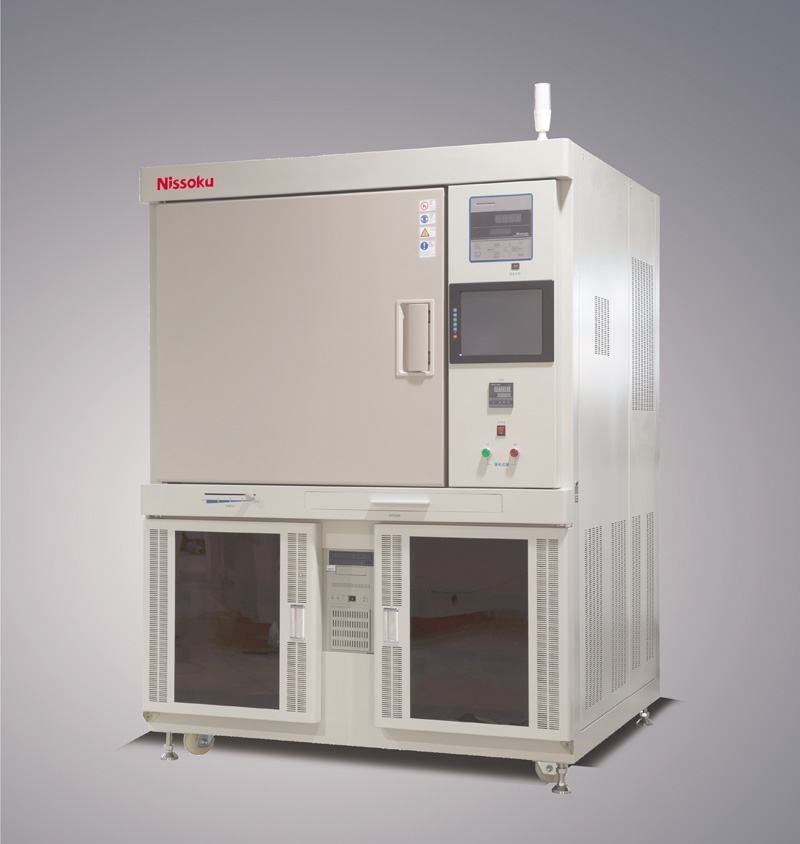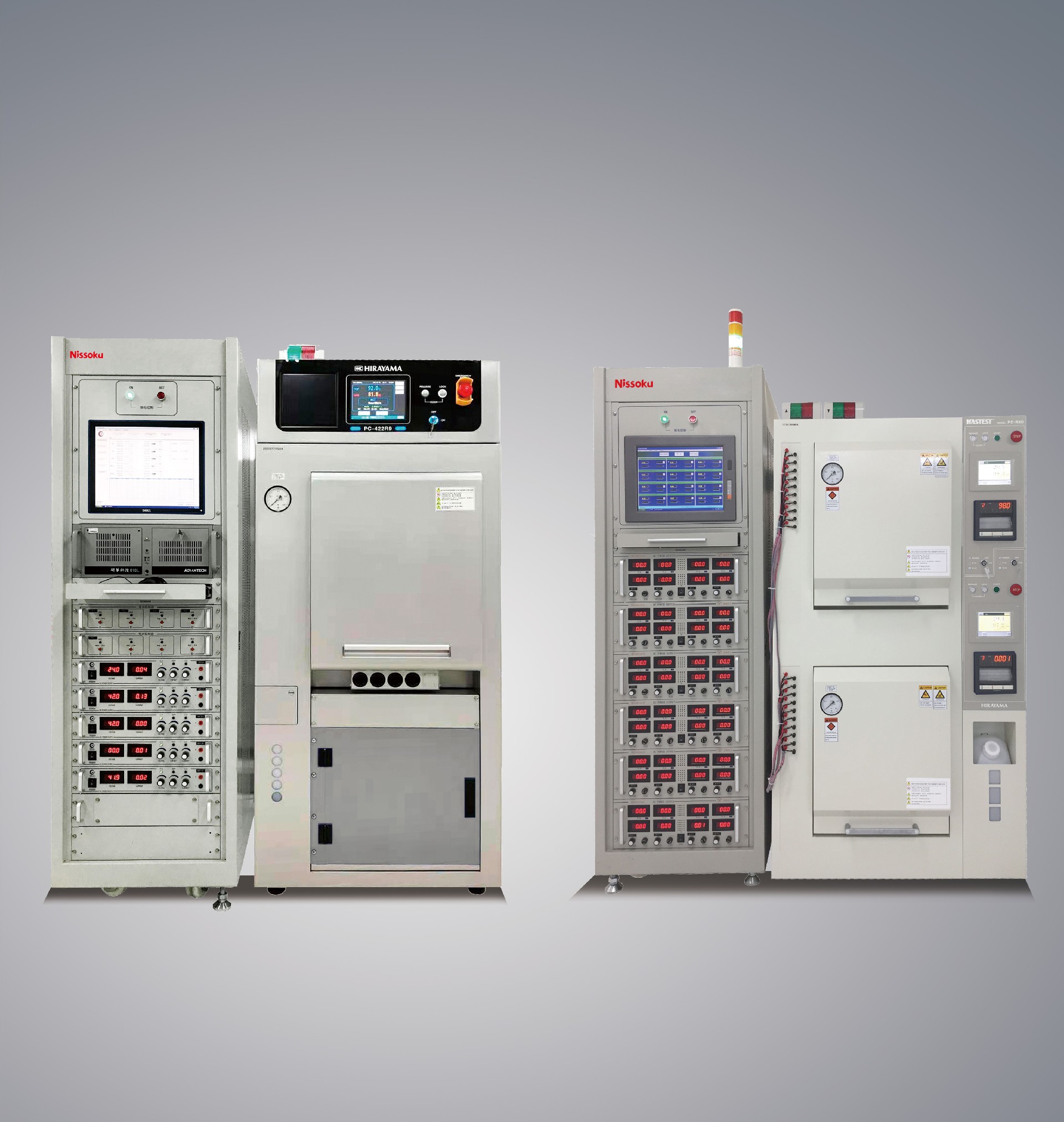The manufacturing process of semiconductor products is complex, involving numerous processes and materials, and is prone to various potential defects. Environmental reliability testing can expose potential defects in advance by simulating various extreme environmental conditions such as high temperature, low temperature, high humidity, salt spray, etc. For example, in high-temperature aging testing, it is possible to detect chip performance degradation or failure caused by poor material thermal stability, poor packaging, and other reasons, thereby avoiding defective products from entering the market.
Semiconductor devices are sensitive to environmental changes, and their performance parameters such as electrical performance and signal transmission performance are affected by environmental factors. Through environmental reliability testing, the performance stability of semiconductor products under different environmental conditions can be evaluated, ensuring that they can meet design requirements in various practical use scenarios. For example, temperature and humidity cycling tests can verify whether semiconductor devices can maintain good insulation performance, signal integrity, and long-term stability in environments with temperature and humidity changes.
With the continuous development of semiconductor technology, new materials and processes are constantly emerging. Environmental reliability testing can help enterprises evaluate the applicability and reliability of these new materials and processes under different environmental conditions, providing scientific basis for their application in actual production. For example, when evaluating the reliability of new semiconductor materials, environmental reliability testing can be used to study their performance changes in environments such as high temperature, high humidity, and strong electric fields, in order to determine whether they are suitable for specific semiconductor device manufacturing and promote technological innovation and development in the semiconductor industry.

- GB/T 4587-2023
- IEC 60749
- GB/T 4937.26-2023
- AEC-Q102
- GB/T 15651.6-2023
- MIL-STD-883
- JESD22
- MIL-STD-750










